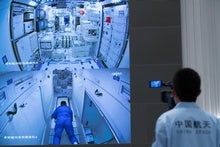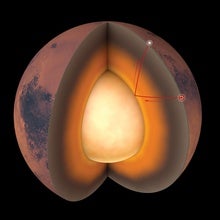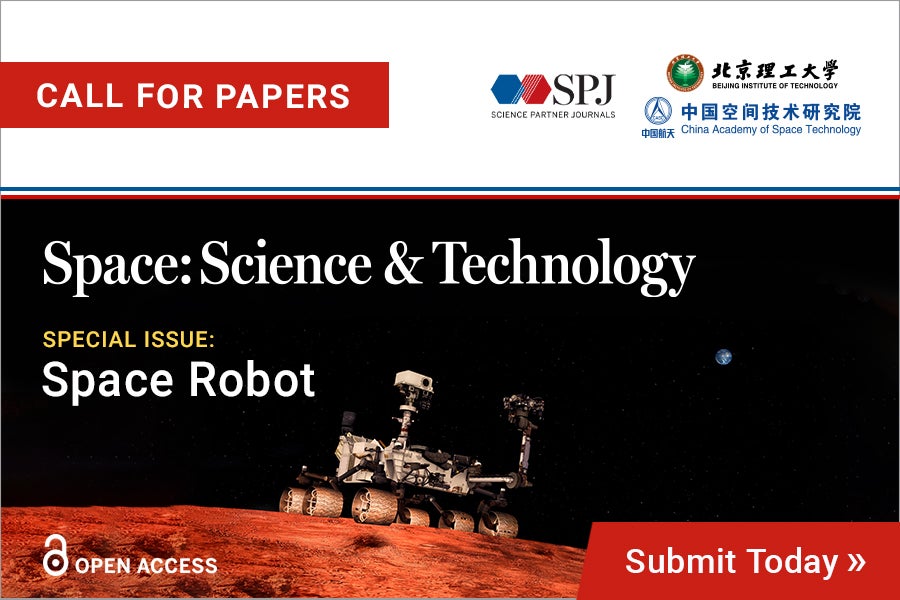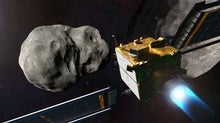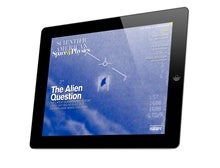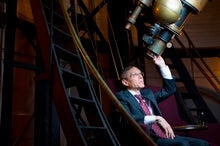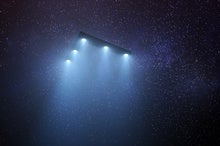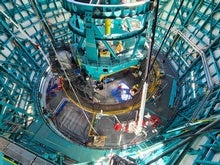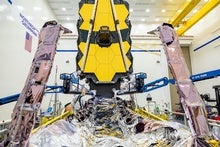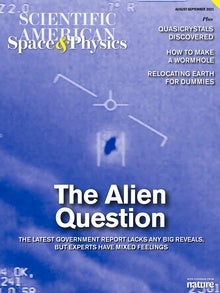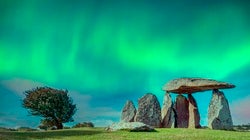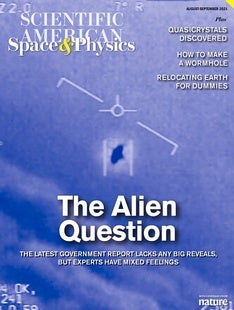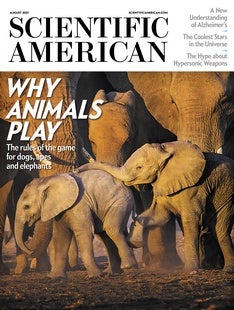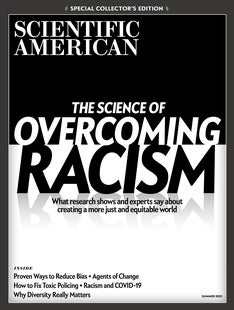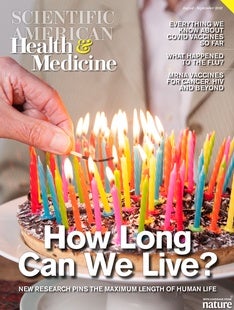 |
| July 29, 2021 |
Dear Reader,
This week, we’re reflecting on nothing less than the meaning of life, the universe, and, well, everything. Or, rather, the meaninglessness of it all, as espoused by the late, legendary physicist Steven Weinberg, who died last week at the age of 88. Our lead story details the rich legacy of Weinberg’s claims of cosmic pointlessness, especially their influence upon subsequent generations of researchers and science communicators. Elsewhere, we have stories about science on China’s new space station, how an asteroid strike resembles a pandemic, a controversial project to study UFOs and more. Enjoy! |
| |
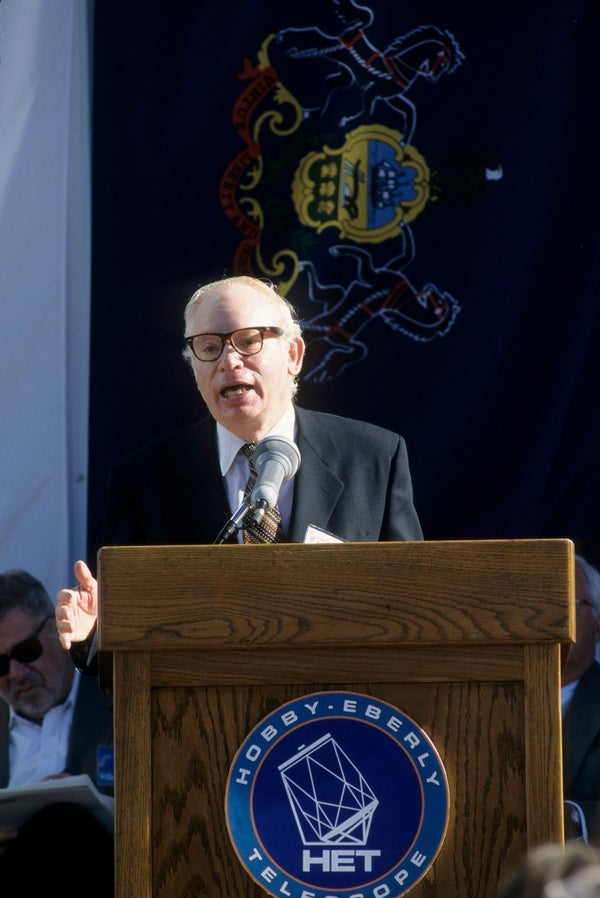 |
| |
| |
| |
| |
| |
| |
| |
| |
| |
| |
FROM THE STORE
 | | | |
| |
| |
FROM THE ARCHIVE
 | | | |
LATEST ISSUES
 |
| |
| Questions? Comments?  | |
| Download the Scientific American App |
| |
| |




